Table of Contents
Toggle- What is Data Privacy Compliance in the UAE Context?
- Why is Data Privacy Compliance Important for UAE businesses?
- What are Data Privacy Frameworks and How Do These Apply To The UAE?
- What Are Data Privacy Regulations?
- Data Protection Vs Data Privacy
- Data Protection and Data Privacy In The UAE
- Why Is Data Protection Critical for UAE Businesses?
- What are the Best Practices To Ensure Data Privacy Compliance In The UAE?
- Final Words On Data Compliance
- FAQs On Data Privacy Compliance For UAE Businesses
What is Data Privacy Compliance in the UAE Context?
We hear a lot about data privacy compliance today. But what does it entail exactly? Most companies today deal with tons of information about their customers; a lot of it is sensitive in nature – especially financial, identity, and medical data. Such data falling into the wrong hands can have disastrous consequences for the business and its customers, legally, ethically, and economically.
Imagine a scenario where a nefarious entity gets access to your credit card information and swipes it to the max – you’re left with huge debt for no fault of your own! Now extrapolate it and imagine tens of thousands of people with credit card or bank information being stolen.
The malicious entity stands to make millions! This is why data protection and privacy have gained tremendous importance in the world.
The UAE has tightened its grip on data protection framework, thanks to the introduction of the Personal Data Protection Law (PDPL) under Federal Decree-Law No. 45 of 2021. The law came into effect in January 2022 to establish a comprehensive framework for protecting personal data – aligning the same with global best practices, EU’s GDPR in particular.
In line with these efforts, there have emerged various stringent measures to ensure data protection and privacy. Some of these include data minimization and retention strategies, and many more, with techniques, including in-built data protection for storage, data loss prevention, encryption, firewalls, and endpoint protection.
Why is Data Privacy Compliance Important for UAE businesses?
UAE in the Middle-East land is abound with multiple rules and regulations. Among these, data privacy is rendered prime importance as felt mandatory by PDPL. With strong implications for building and ensuring data protection and privacy, every business entity operating in the region is strictly expected to abide by the policies therein.
Data privacy compliance frameworks are guidelines for collecting and processing data based on its importance and sensitiveness. It is normally applied to health and identifiable information, including financial data, social security, or other IDs, names, birthdates, contact information, and medical records.
Any sensitive information of customers, employees, or other stakeholders handled by organizations, is subject to data privacy requirements. It helps to make sure that only authorized entities are able to access sensitive data, and that organizations comply with regulations.
Important aspects of data privacy are:
- Data quality – ensuring data is accurate and updated; for example, test results may be sent to the wrong patient if data is old and not current.
- Data lifecycle – the purpose for collecting user data must be clearly defined, along with how it will be managed
- Data Ethics – transparency and fairness about how data will be handled must be communicated
Data privacy depends on data health. Data health signifies availability to the right person at the right time, enabling them to make the right decisions.
When an organization adheres to the guidelines or framework established by governments or regulatory authorities to safeguard personal information, we can say that they have implemented the requisite data privacy compliance program.
What are Data Privacy Frameworks and How Do These Apply To The UAE?
When considering the Data Privacy Frameworks that apply to the UAE, we can say that it’s primarily the PDPL – issued by the Federal Decree-Law No. 45 of 2021. This law enlists individual data subjects to a set of rights – those that give them a control over the use of their personal data. The aim is to ensure data confidentiality and protect them from malware and other threats.
Adjunct to these are the various cybersecurity laws and legislation enforced by the UAE government under the Federal Decree Law No.34 of 2021. These aim to prevent misuse and abuse of online technologies through efforts to secure and regulate the cyber domain.
All these laws and regulations in this Middle-East land come in the wake of the recent cybercrime incidents that have hit the region. – not once or twice, but relentlessly. It’s the critical sectors, i.e., the health, oil and gas, and financial enterprises that are the prime targets of cyberattacks year on year.
Not only these, If you hear about the volume of cybercrimes that UAE alone faces, you’ll be left shocked – a whopping 200,000 – that too on a daily basis. Consider the costs both businesses and individuals have to incur to recover lost data!
What Are Data Privacy Regulations?
Data privacy regulations define the manner of collecting, storing, and sharing data with third parties.
Let us now look at some of the major regulations with regard to data privacy compliance in cybersecurity in the world today.
GDPR
The General Data Protection Regulation law passed by the EU is one of the most comprehensive and stringent data privacy laws in effect today. It not only applies to all EU organizations and citizens, but also to organizations that deal with EU citizens and organizations, regardless of where in the world they are located.
The GDPR empowers individuals to decide what information organizations can store, request organizations to delete their data, and be notified in the event of data breaches. Not complying with the GDPR data privacy compliance checklist can lead to penal action, fines, or both.
CCPA
The California Consumer Privacy Act (CCPA) is a regulation introduced in California that empowers residents to question organizations about how they handle and process their personal data.
Individuals can also find out what data has been shared with third parties, and ask organizations to delete such data. This data privacy compliance framework is applicable to consumer information collected within California.
Data Privacy Compliance Regulations in the Middle East
SAMA cybersecurity framework in Saudi for banks and financial institutions, NESA in the UAE, ADHICS in Abu Dhabi (for healthcare), and the PDPL for protection of personal data are some of the major data privacy compliance regulatory frameworks in the Middle East for data protection and privacy.
It is important to note that depending on your location and the nature of your business, you may be required to comply with multiple data protection and privacy regulations. Just because you are in compliance with a specific regulation, does not mean that you are in compliance with all the regulations you need to adhere to. For example, if you are a Saudi financial company that has customers in the EU, you will need to comply with both SAMA and GDPR.
Data Protection Vs Data Privacy
Data privacy focuses on deciding who can access specific data, and data protection is all about bringing those restrictions into effect. The tools and methods used in data protection are defined by data privacy standards.
Merely setting guidelines for data privacy is no guarantee that unauthorized access will be prevented. Similarly, you may employ data protection methods and restrict access, but some sensitive data may still be exposed to threats. Essentially, you need both data protection and privacy to completely secure your data.
Another way of looking at it is, that organizations protect the data, while users control the privacy. Users have a say in how much of their data can be shared and with whom; whereas it is the responsibility of companies to protect the data and keep it private. Data privacy compliance laws help ensure that organizations fulfill the privacy demands of their users.
- Access control is what data privacy is about, and it’s achieved through data protection
- Data integrity and accuracy is a concern of protection and privacy
- Accountability is important for both privacy and protection of data
Data privacy focuses on the data of individuals, with rules defining what kind of personal information can be gathered and to what extent, and how companies may use it. It is up to the organizations to ensure that the access levels granted to employees are appropriate and similar to other stakeholders or the public.
Data protection emphasizes data confidentiality, availability, and accuracy; security professionals prevent data from attacks and breaches by implementing cybersecurity methods like encryptions, firewalls, and authentications.
Also Read : Penetration Testing Compliances In 2024
Data Protection and Data Privacy In The UAE
Though both terms are used one for the other, there is a significant difference. Data protection is about implementing tools and policies to restrict access to data, while data privacy controls who has access to data.
Today, industry regulators and governments have established data privacy compliance frameworks that businesses should adhere to. The prime intent is to ensure client data protection. UAE organizations seeking expert guidance in these regards can refer to the services that the various data privacy consultants offer in the region to choose what best fits their compliance needs.
Both data protection and privacy are concerned with two major elements: health information and identity information. It is critical in business operations, finances, and so on. By ensuring data protection, businesses can mitigate cybersecurity risks, protect their reputation, and attain compliance with government regulations.
Why Is Data Protection Critical for UAE Businesses?
Data protection refers to the methods and tools implemented to protect the privacy, integrity, and availability of sensitive data. These methods are typically employed to prevent damage, loss, or corruption of data, and are especially important for businesses and organizations that gather, store, or handle sensitive data.
UAE is home to a good number of financial enterprises, hospitals, and other critical sectors, including oil and gas companies. Since these industries handle a bundle of sensitive information, data protection measures are vital to conducting hassle-free operations for businesses involved there.
Undoubtedly, it is imperative that businesses have a robust data protection strategy in place, for the humungous data they generate and collect.
With data protection efforts rendering data reliability and accessibility, you can well reassure data privacy for your customers-cum-patients.
Principles Of Data Protection
Data protection primarily involves ethical and responsible handling of every personal information. This should start from the way data is collected to storing them – all in a transparent and fair manner – keeping data subject rights in prime view.
The principles of data protection chiefly consider data availability, data lifecycle management, and information lifecycle management.
- Data availability: Ensures data accessibility and usability for business operations even when data gets damaged or lost.
- Data lifecycle management: Involves a comprehensive approach to managing data (both offline and online) – right from creation to deletion or archiving.
- Information lifecycle management: Ensures that information assets are evaluated, cataloged, and protected from not just cyberattacks, but disruptions, outages, machine failure, and errors.
In short, data protection principles are meant to protect data and ensure availability, facilitate business continuity, aid in data backup, and more.
What are the Best Practices To Ensure Data Privacy Compliance In The UAE?
For you to achieve data privacy compliance in all its worthiness, consider following the below-mentioned approaches:
-
Understand Your Data
It is imperative that you understand what type of data you have, where you store it, and how you handle it. Then you need to determine how you collect and process the data. Your policy should address what protection is needed to ensure the different levels of privacy. It’s a good idea to factor in auditing these methods to ensure accurate application.
-
Collect Less
Make sure you only collect data that is strictly necessary and reduce your liability. You’ll also need less storage space and bandwidth. You can use ‘verify, not store’ frameworks to achieve this. Here, third-party data is used to verify users, avoiding the necessity of storing or transmitting data on your system.
-
Be Transparent
Today, users are tech-savvy, and will appreciate your openness about your collection and usage of their data. You can incorporate privacy concerns into your UI, by sending notifications when and why you collect data, and including opt-out choices for users. This will also showcase your ethics as a business.
Final Words On Data Compliance
Every organization today consciously and automatically collects volumes of data every single day. They rely on BI and analytics to make better decisions for business growth. But it also means that their liability to protect and ensure data privacy increases significantly. Data Privacy compliance continues to be a major concern for management.
Wattlecorp specializes in offering outstanding data privacy consultancy services to organizations to help them achieve compliance with various regulations. We take the responsibility of ensuring your cybersecurity compliance so that you can focus on your core business.
Call us now and let’s help you enhance your compliance!
FAQs On Data Privacy Compliance For UAE Businesses
-
1. What are the data privacy requirements for UAE businesses?
As a business operating in the UAE, you are meant to strictly adhere to the Personal Data Protection Law (PDPL). The key aspects of the data privacy requirements PDPL include:
- Obtaining explicit consent to process data
- Maintain data accuracy and security
- Respecting and abiding to data subject rights, such as right to access, right to rectify, and right to erasure.
-
2. How can UAE businesses ensure compliance with data privacy regulations?
Businesses in the UAE need to primarily heed to the PDPL regulations, which mandate implementing a comprehensive data protection strategy. Key tasks involve:
- Undertake data audits.
- Establish data breach response protocols.
- Appoint a Data Protection Officer (DPO).
- Implement robust data protection measures.
- Develop clear consent mechanisms.
- Offer transparency in data privacy compliant notices.
-
3. What are the benefits of staying compliant with data privacy regulations for UAE businesses?
Demonstrating commitment to data privacy and data protection in the UAE context offers multiple benefits for businesses operating there. These comprise:
- Building trust and confidence in your customers.
- Preventing legal complications and hefty fines.
- Improved/enhanced data management practices.
- Increased resilience to cyber threats and potential security incidents that include data breaches.
- Maintaining regional compliance requirements that align with international data protection standards.
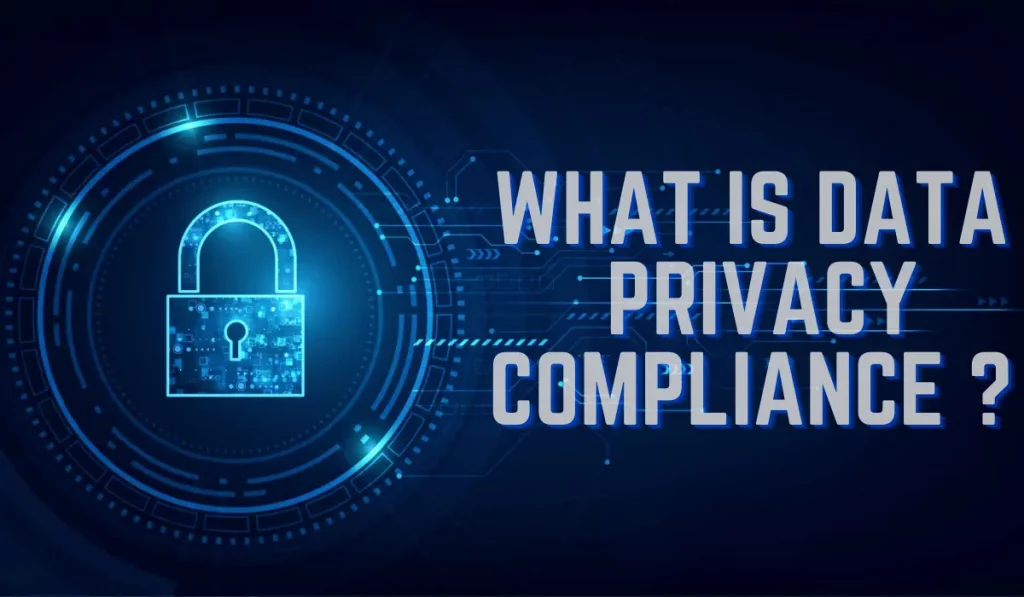
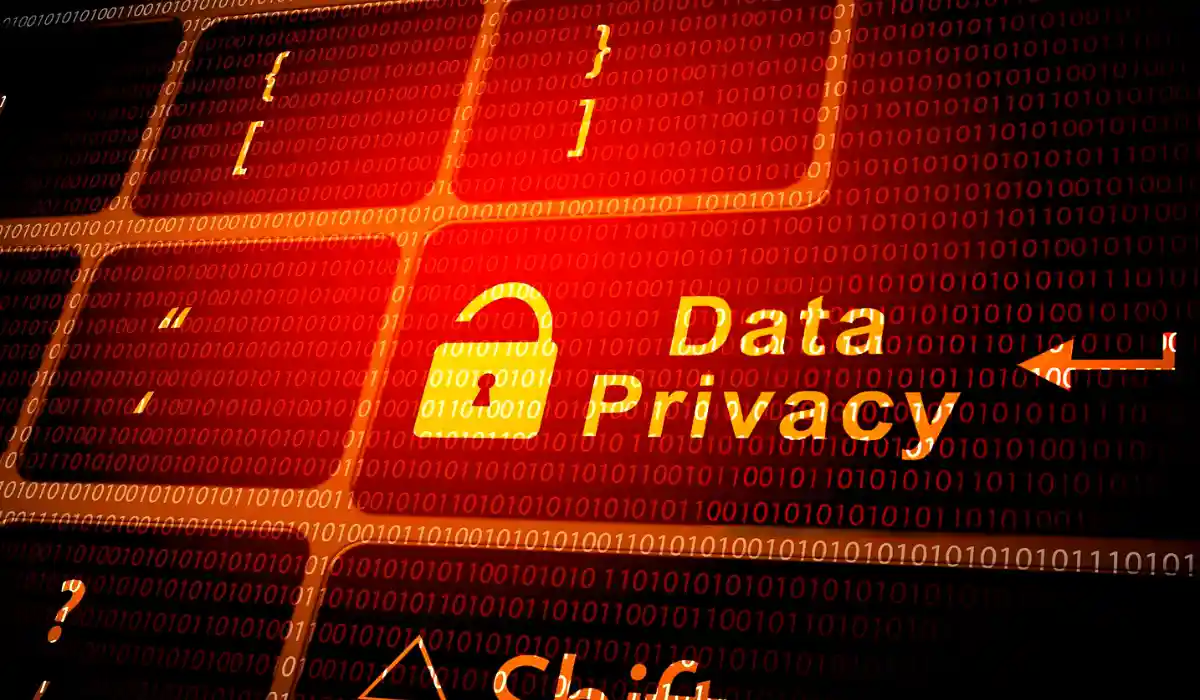
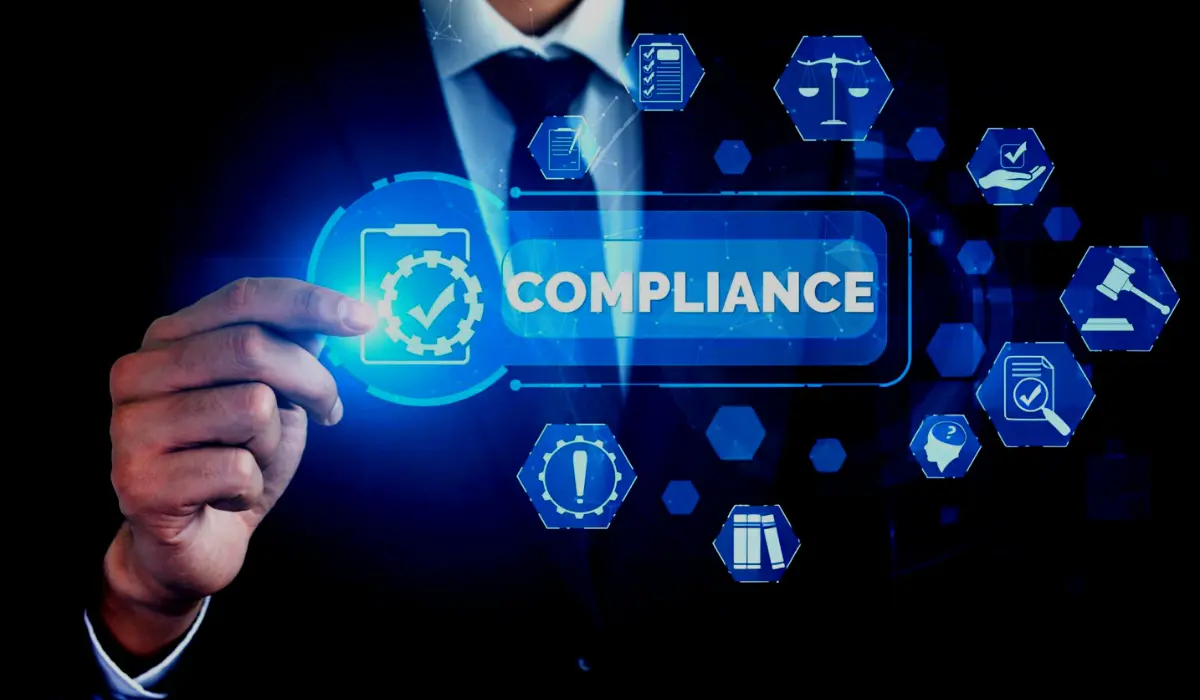
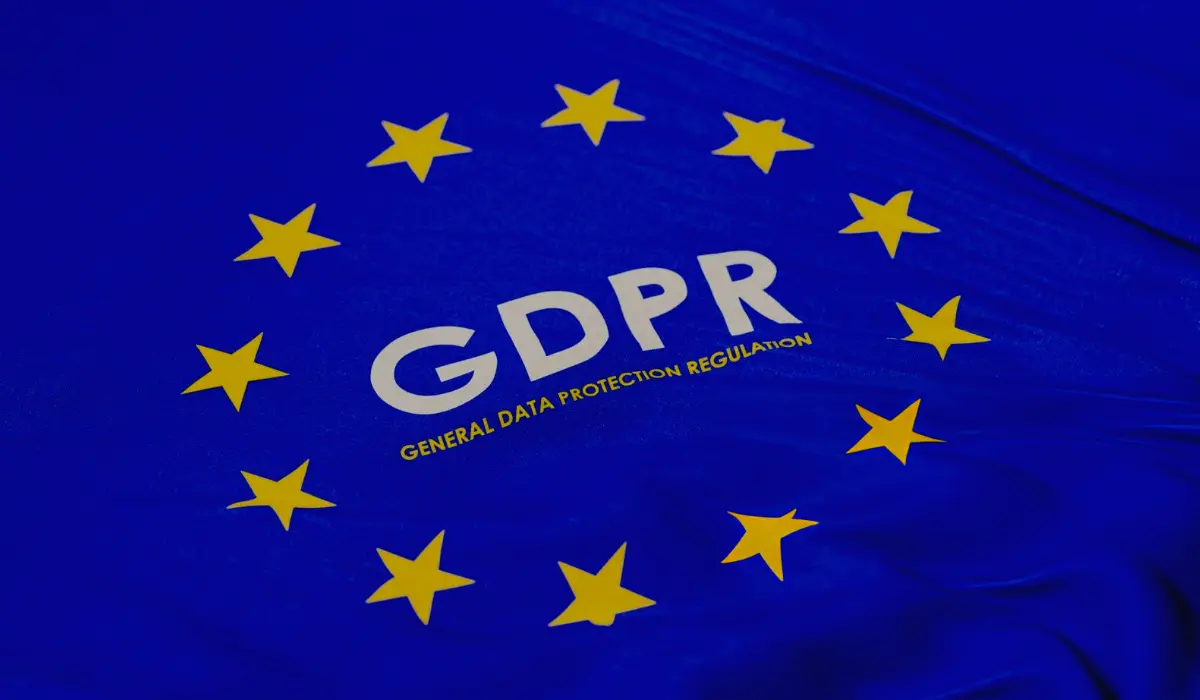
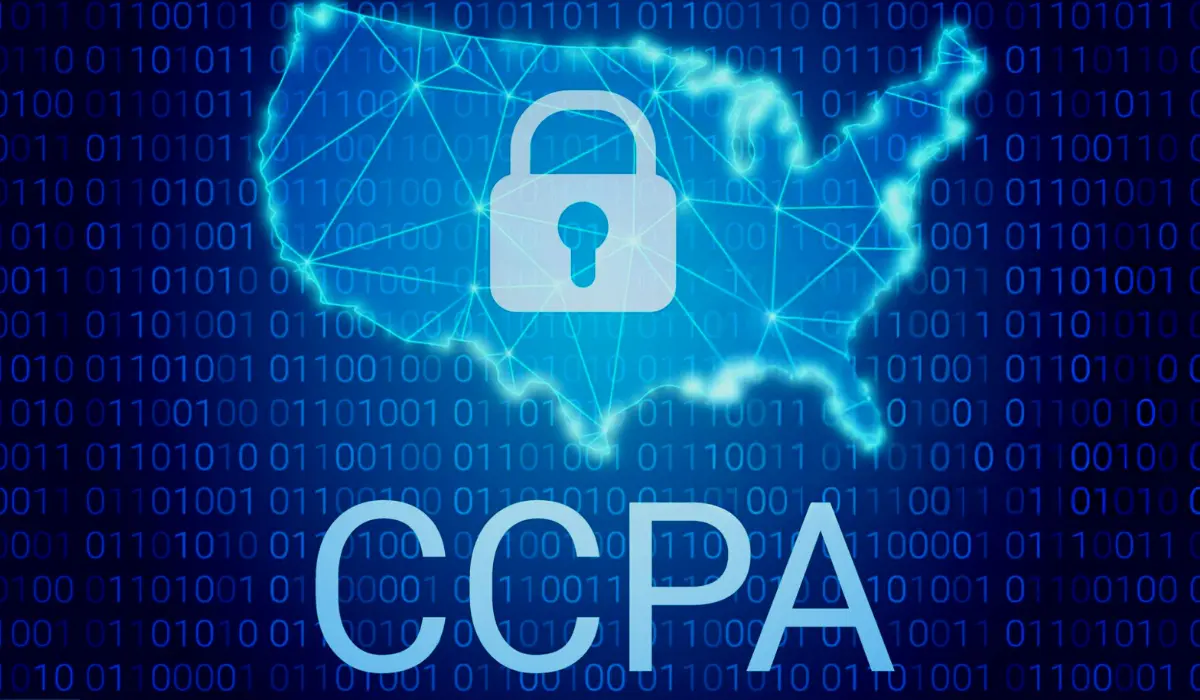





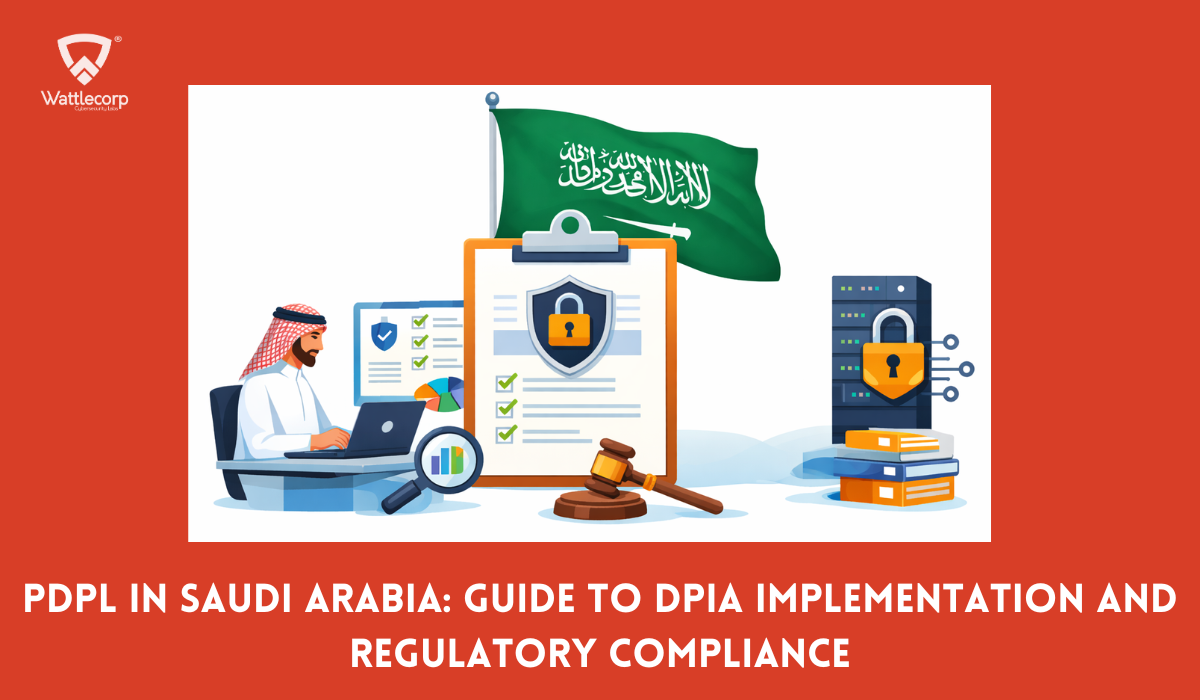
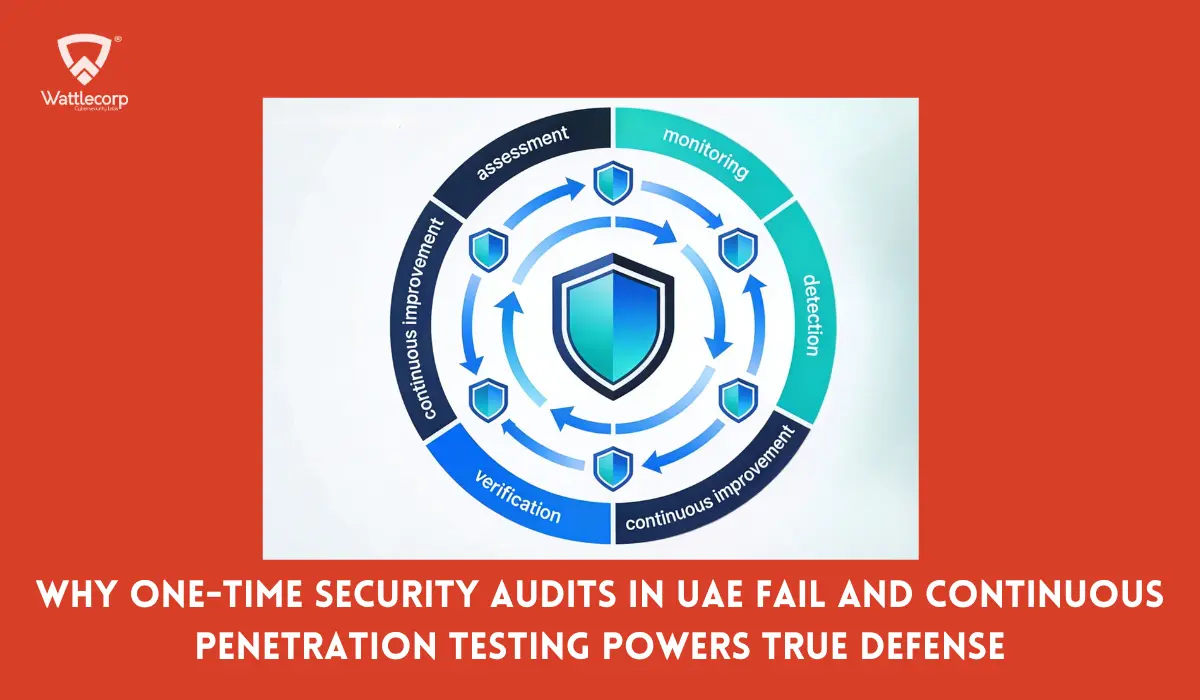

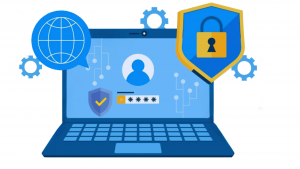
1 thought on “Ensuring Data Privacy Compliance: Essential Steps For UAE Businesses”
Pingback: Anjali (anjali_k_k) | Pearltrees